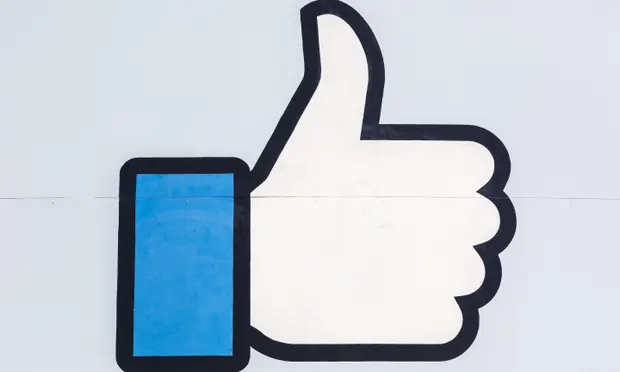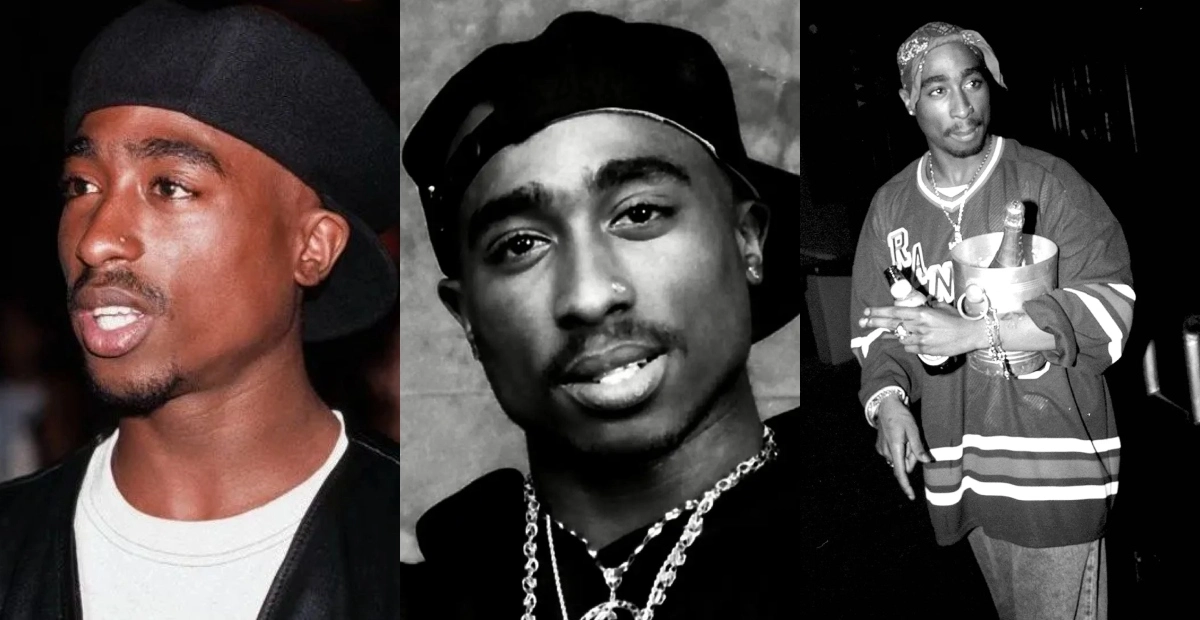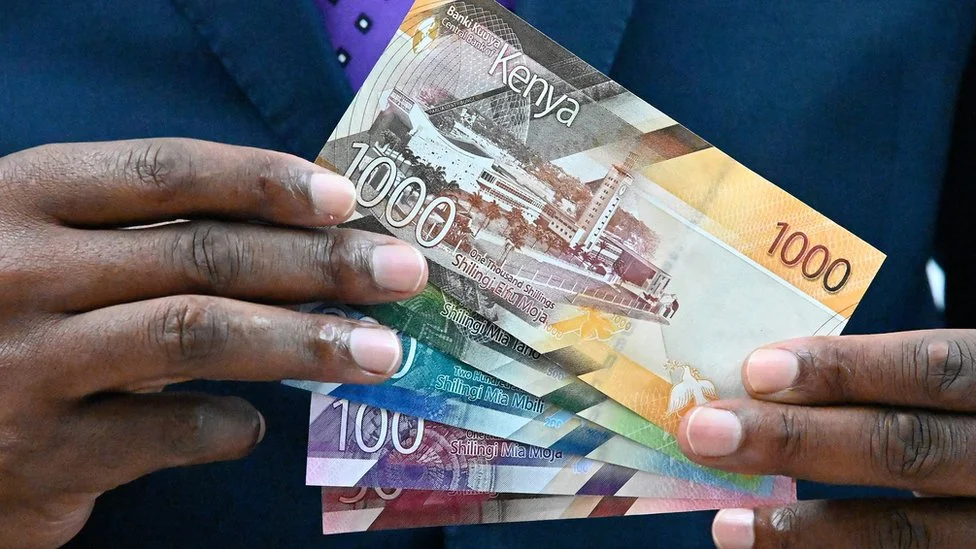Canadian Court Rules Emoji Is Valid as Signature, Farmer Ordered to Pay Ksh 8.4M for Breach of Contract.
In a groundbreaking ruling, a Canadian judge has declared that the popular “thumbs-up” emoji holds the same weight as a traditional signature. The court argues that the legal system must adapt to the changing ways people communicate in the digital age. As a result, a farmer has been ordered to pay Ksh 8.4M for failing to fulfill a contract after responding to a text message with a thumbs-up emoji.
The case, heard in the Court of King’s Bench in the province of Saskatchewan, centered around a grain buyer from South West Terminal who sent a mass text message to potential clients in March 2021, expressing interest in purchasing 86 tonnes of flax at a price of Ksh 1760 per bushel.
The buyer, Kent Mickleborough, engaged in a phone conversation with farmer Chris Achter and subsequently texted him a picture of a contract for the flax delivery in November. Mickleborough asked Achter to confirm the contract by responding to the message. In response, Achter used a thumbs-up emoji. However, he failed to deliver the flax in November, and by that time, the prices for the crop had increased.

The interpretation of the thumbs-up emoji became a point of contention between Mickleborough and Achter. The buyer argued that based on previous instances of confirming contracts via text message, the emoji indicated Achter’s agreement to the terms. On the other hand, Achter maintained that the thumbs-up emoji merely signified his receipt of the contract, not his acceptance of the terms.
During the proceedings, Achter’s lawyer objected to cross-examining his client on the meaning of the emoji, stating that Achter was not an expert in emojis. Justice Timothy Keene, presiding over the case, expressed his frustration at the extensive search for precedents from various jurisdictions to decipher the meaning of the 👍 emoji.
Nevertheless, Justice Keene acknowledged that while the use of a thumbs-up emoji may be unconventional, it served the purpose of a signature in this particular context. He dismissed concerns raised by the defense about the potential for other emojis, such as the “fist bump” or “handshake,” to be interpreted in different ways. Keene stated that the court should not attempt to impede the use of emojis, as they have become an integral part of modern communication.
“This court readily acknowledges that a 👍 emoji is a non-traditional means to ‘sign’ a document but nevertheless, under these circumstances, this was a valid way to convey the two purposes of a ‘signature,'” Justice Keene wrote.
Justice Keene’s ruling sets a precedent that emojis can be used to establish contracts. He emphasized that the court must be prepared to address the challenges arising from the evolving use of emojis in Canadian society.
Read also: Zimbabwe Police Ban Opposition Rally, Igniting Election Tensions
The judgment, delivered by the Court of King’s Bench, orders Achter to compensate Mickleborough with a sum of $61,442 (approximately Ksh.8.7 million) for breaching the contract.
“This appears to be the new reality in Canadian society, and courts will have to be ready to meet the new challenges that may arise from the use of emojis and the like,” Justice Keene concluded.
The implications of this ruling could extend beyond this case, as it establishes a legal precedent for the use of emojis in contractual agreements.
Subscribe to Switch TV




























